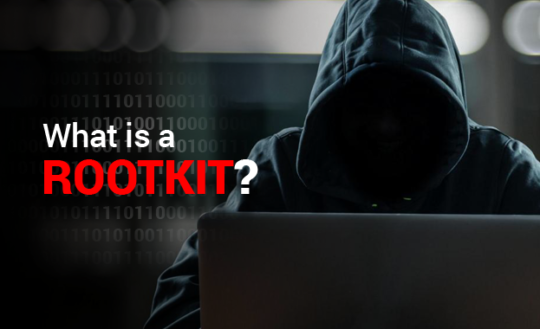Rootkits are malicious software designed to gain unauthorized access and control over a computer system while remaining hidden from detection. They are typically installed by attackers or malware to gain elevated privileges and maintain persistent control over the compromised system.
Rootkits can cause significant damage by allowing unauthorized access, stealing sensitive information, modifying system configurations, and enabling other malicious activities. Here are some common types of damage that rootkits can do:
Unauthorized access: Rootkits can grant attackers administrative privileges, giving them full control over the system. Attackers can then perform various malicious actions, such as installing additional malware, stealing data, or using the compromised system as a launchpad for further attacks.
Keylogging and password theft: Rootkits can capture keystrokes, allowing attackers to record passwords, credit card information, and other sensitive data entered by the user.
Backdoor creation: Rootkits can create hidden entry points (backdoors) that allow attackers to access the system even after it has been secured or patched.
System file modification: Rootkits can modify critical system files, including those used by the operating system and antivirus software. This manipulation can make detection and removal of the rootkit extremely challenging.
Scanning for rootkits typically requires specialized tools designed to detect these stealthy threats. Here are a few methods and tools commonly used to scan for rootkits:
Antivirus and Anti-Malware Software: Use reputable antivirus and anti-malware solutions that include rootkit scanning capabilities. Keep the software up to date and perform regular system scans.
Rootkit-specific scanners: Some dedicated rootkit scanners, such as GMER, TDSSKiller, and Malwarebytes Anti-Rootkit, focus specifically on detecting and removing rootkits.
Bootable rescue disks: Certain antivirus vendors offer bootable rescue disks that can be burned to a CD/DVD or created on a USB drive. You can boot your computer using the rescue disk and perform a deep scan, including rootkit detection, without the rootkit being active.
System monitoring tools: Tools like Process Monitor and Autoruns can help identify suspicious processes, services, and startup entries that may be associated with rootkits. They provide detailed information about system activity and allow you to investigate any abnormalities.
Offline scans: To enhance detection chances, perform scans from a clean and secure environment. Remove the infected hard drive and connect it as a secondary drive to another clean system. Then, use antivirus software to scan the infected drive, including rootkit scanning.
Remember, preventing rootkit infections is crucial. Maintain up-to-date antivirus software, regularly patch your operating system and applications, exercise caution while downloading files or visiting websites, and practice good security hygiene to minimize the risk of rootkit infections.
Source: Some or all of the content was generated using an AI language model


No comments:
Post a Comment
Contact The Wizard!
(he/him)